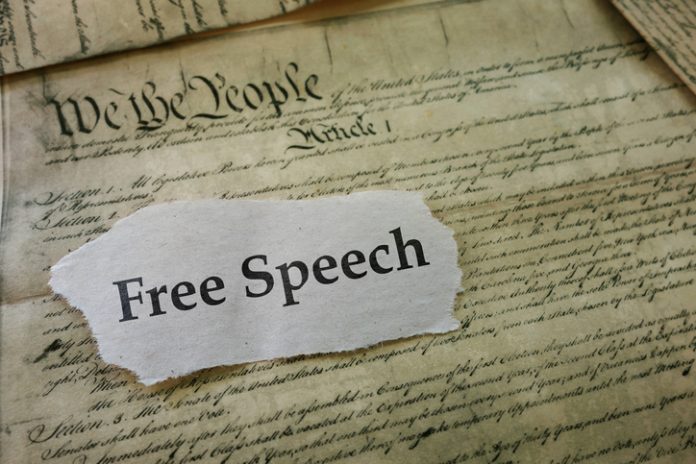A copy of the anti-racism statement which compelled faculty to denounce white supremacy was published by Campus Reform last month
As of Monday, the English Department of the University of Houston Downtown (UHD) has removed its controversial anti-racist statement that compelled English faculty to be actively anti-racist in their professional and personal lives.
In February, Campus Reform published a copy of the Department’s statement, which proclaimed that UHD is on Native American lands and acknowledged “that systemic racism harms Black and African-descendant, Indigenous, Latin American, Latinx and Latine, Asian, Asian American, American Arab, Middle Eastern, North African and multi-racial persons, and we are all worse off because of it.”
The statement continued by asserting that all members of the faculty “are complicit in systems of oppression through our individual and collective actions,” but that to atone for these sins, the faculty works to “uphold social justice in our lives and work as teachers and scholars [and] embrace diversity, equity, and inclusion [DEI].”
[RELATED: Required diversity statement, bias response team part of diversity strategic plan]
UHD Professor of English and Campus Reform Higher Education Fellow Adam Ellwanger was an active critic of the statement because it constituted a form of compelled speech.
Commenting on the trend of mandatory DEI or anti-racism statements, Ellwanger notes that they act as “ideological purity tests.”
“[P]rofessors become obligated to actively support the implementation of leftist policies and ideas on campus,” acting as a reward for those who support progressive policies and a mechanism to punish those who dissent.
The Foundation for Individual Rights and Expression (FIRE) has protested the proliferation of required DEI or anti-racism statements as an issue of compelled speech that results in “closing the debate on issues of social importance.” Such statements “require faculty to endorse or apply specific positions on race, gender, and related issues as if they are beyond question, and as if a professor who disputes them is ipso facto incompetent.”
“Many policies invade faculty members’ freedom of conscience, prying into their private beliefs on matters of public concern. They compel faculty to express or demonstrate commitment to the university’s viewpoints or to conform their pedagogy, research, and/or service activities to specific ideological perspectives,” according to FIRE.
In accordance with a memorandum from Governor Gregg Abbot’s office, the University of Houston System (UHS) at large removed DEI statements from its hiring practices, as Campus Reform reported earlier this month.
Abbot’s chief of staff, Gardner Pate, penned the memo to state agency and public university officials that merit ought to be the only qualification considered when hiring, according to documents obtained by the Texas Tribune.
“Rebranding this employment discrimination as ‘DEI’ doesn’t make the practice any less illegal …. Further, when a state agency spends taxpayer dollars to fund offices, departments, or employee positions dedicated to promoting forbidden DEI initiatives, such actions are also inconsistent with the law,” Pate states.
[RELATED: Texas university claims affirmative action vital to national security, prepares for ban]
Other institutions have also given up their DEI hiring statement requirements, including Texas Tech, Texas A&M, and the University of North Carolina System.
Department-issued statements, however, still pose compelled speech concerns.
Ellwanger observes, “The ideological majority in my department seems quite eager to punish those who disagree – an impulse shared by authoritarians the world over. The anti-racism statement … is a covert, cowardly measure used to accomplish this punishment until a formal mechanism can be added to policy.”
UHD has not responded to Campus Reform’s request for comment. This article will be updated accordingly.
Follow Gabrielle M. Etzel on Twitter.
Originally published by Campus Reform. Republished with permission.
For more great content from School Reform News.
For more from The Heartland Institute.








